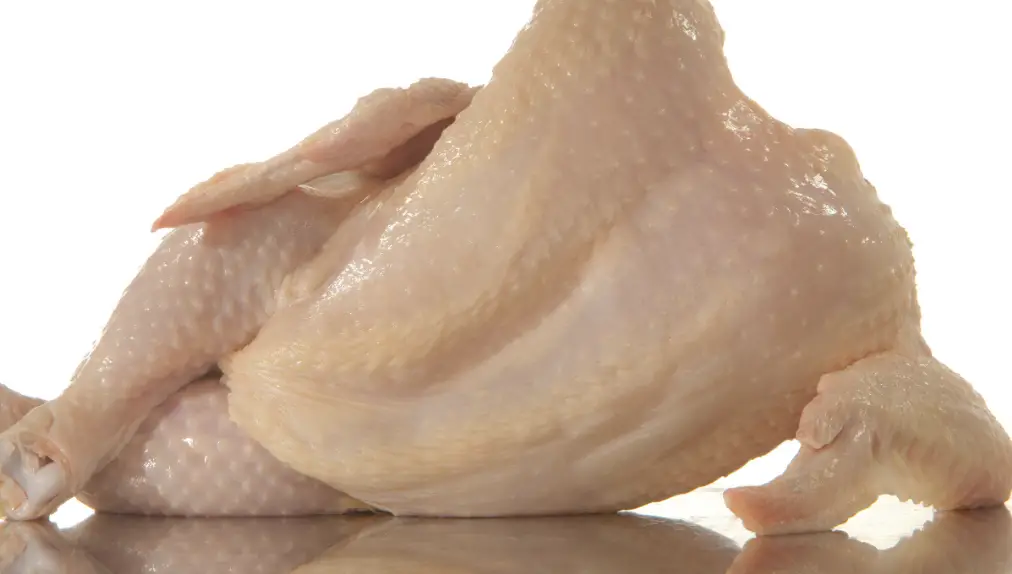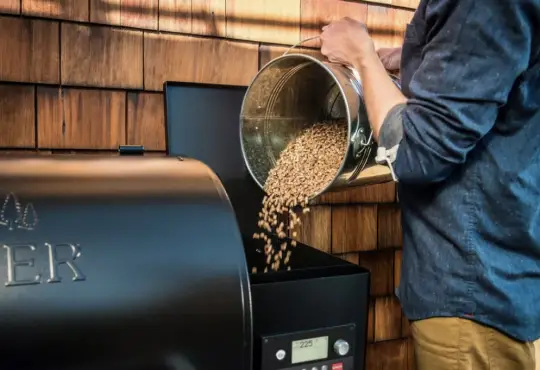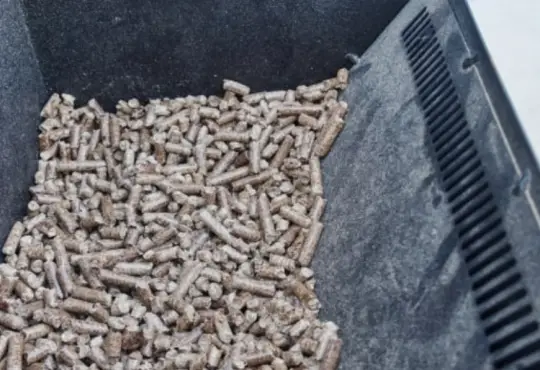
Unmasking the Culprit: Why Does My Raw Chicken Smell Bad and How to Address It
Raw chicken is a versatile and commonly used protein in cooking, but encountering a foul or unpleasant smell when handling it can be concerning. There are several potential reasons behind a bad odor emanating from raw chicken, and in this blog post, we’ll explore these causes and provide practical solutions to ensure the safety and quality of your poultry.
1. Natural Odor:
Raw chicken naturally has a distinct odor that can be slightly off-putting, especially if you’re not accustomed to handling raw meat.
Solution: If the smell is mild and resembles a typical poultry aroma, it’s likely natural. Ensure that you follow proper food safety practices while handling and cooking the chicken.
2. Bacterial Growth:
When chicken is improperly stored or handled, bacteria like Salmonella or Campylobacter can thrive and cause an unpleasant smell.
Solution: Always store raw chicken in the refrigerator at or below 40°F (4.4°C). Use or freeze the chicken within a couple of days of purchase, and avoid cross-contamination by washing hands, surfaces, and utensils thoroughly after handling raw meat.
3. Spoilage:
Excessive spoilage due to extended storage or improper packaging can lead to an off-putting odor in raw chicken.
Solution: Check the packaging for any signs of leakage or damage. If the chicken appears slimy, discolored, or has a strong, rancid smell, it’s best to discard it to avoid the risk of foodborne illness.
4. Freezer Burn:
Improperly stored chicken in the freezer can develop freezer burn, which can affect its texture and smell.
Solution: Use airtight freezer-safe packaging to prevent freezer burn. If the chicken has developed freezer burn, it’s safe to eat but may not taste as good. Consider using it in dishes where texture is less important, such as soups or stews.
5. Packaging Odor Transfer:
Chicken packaged in plastic wrap or containers can sometimes absorb odors from the packaging materials.
Solution: If you suspect the odor is coming from the packaging, transfer the chicken to a clean container or rewrap it in new, odor-free packaging materials.
6. Quality of Chicken:
The quality of the chicken itself can influence its smell. Lower-quality chicken may have a stronger or more off-putting odor.
Solution: Opt for high-quality chicken from reputable sources. Fresh chicken should have a clean, mild smell.
In Conclusion:
Encountering a bad smell when handling raw chicken can be concerning, but understanding the potential reasons behind it and taking appropriate precautions can help ensure food safety and a pleasant cooking experience. Whether it’s due to natural poultry odor, bacterial growth, spoilage, freezer burn, packaging materials, or the quality of the chicken itself, following proper food safety practices and using your senses to assess the chicken’s condition can guide you in making informed decisions. By prioritizing food safety, proper storage, and quality ingredients, you can enjoy delicious chicken dishes with confidence.






